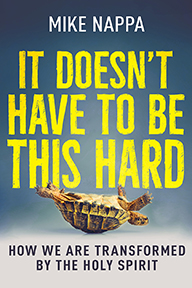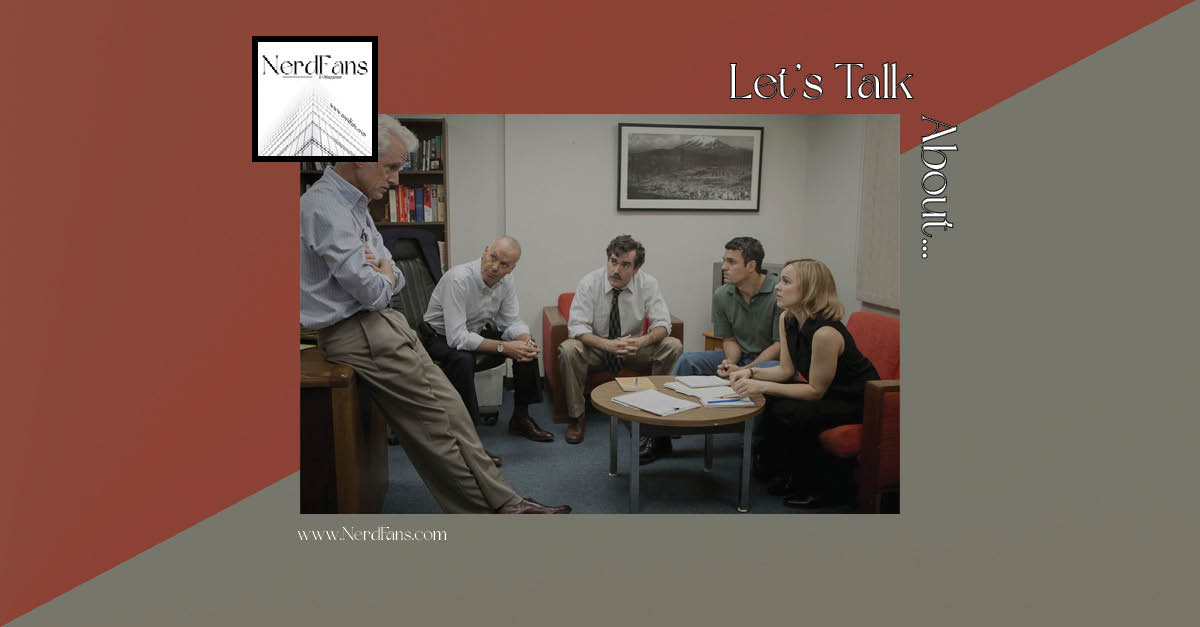An Editorial Team reason for rejection
“My grandfather, the knife fighter, killed two Germans before he was eighteen.”
When I read this first line from David Benioff’s book, City of Thieves, I was hooked. I was actually standing in the grocery store, just passing a few minutes while I waited for my wife. But after that first line, I couldn’t bear to part with the book. I ended up buying it along with a gallon of milk and some frozen pizza.
That’s the power of a good first line—it demands the reader’s attention. It captures the imagination in such a way that the reader can’t help but keep going. Consider these classic first lines from literary history:
• “It was a pleasure to burn.”—Ray Bradbury in Fahrenheit 451
• “Here is Edward Bear, coming downstairs now, bump, bump, bump, on the back of his head, behind Christopher Robin.”—A.A. Milne in Winnie-the-Pooh
• “If you really want to hear about it, the first thing you’ll probably want to know is where I was born, and what my lousy childhood was like, and how my parents were occupied and all before they had me, and all that David Copperfield kind of crap, but I don’t feel like going into it, if you want to know the truth.”—J.D. Salinger in The Catcher in the Rye
• “I met Jack Kennedy in November, 1946.”—Norman Mailer in An American Dream
What all of these first lines have in common is that they cannot be ignored. Every single one makes you, the reader, ask the question, “Well, what happens next?” And that means it passes the “First Line Test” that so many editors and agents use (myself included).
And you, dear reader? If you can master the art of the first line, well, I’m going to have a hard time rejecting your work. I’ll be too busy reading on to find out what happens next.
What You Can Do About It
1. Understand what a first line must accomplish.
The first line of any book—fiction or nonfiction—makes a promise to the reader about the rest of your book. Thus, your first line must accomplish these things:
• Create curiosity. It must make the reader ask, “What happens next?”
• Demonstrate credibility. It must make the reader believe, “This author can be trusted with my reading time.”
• Evoke emotion. It must make the reader feel something—anticipation, fear, joy, surprise, whatever your book needs the reader to feel.
If you can create a first line (and first paragraph) that does these three things, you are already well ahead of your competition—and past the first line of defense from editors and agents who want to reject your work.
2. Read a row of first lines.
This is a simple writing exercise that’s also fun and effective. If you feel the need to get better at first lines, then inundate yourself with them.
Go to your local bookstore or library and find the section that represents your chosen category of writing. For instance, if you’re a business writer, go to the Business section, or if you’re a crime novelist then go to Crime Novels section.
Pick a shelf of books in that section, then begin at one end and pull a book off the rack. Open to the introduction or first chapter, and read only the first line (or maybe the first paragraph) and then rate that book on a scale of 1 to 10 for its first-line effectiveness. Go all the way down the shelf, rating the first lines of the books you see. Afterward, go back to the books you rated 8 or higher and re-read those lines, asking yourself: What is it about this first line that earns a high rating? And what can I learn from that to apply to my own writing?
When you’re done, you’ll know more about writing than most authors—and you’ll be well on your way to crafting a first line that leads to publication.
3. Always ask yourself: Will they read on?
I spoke at a writer’s conference once and sat on a panel called, “Will They Read On?” Conference attendees had submitted a first page to any of their works—fiction or nonfiction. One by one, each “first page” was read aloud. Then the panel of agents and editors answered one simple question: “If you had received this proposal, would you read on?”
I was astounded at how many times the answer to that question was “no.” That’s not because I thought the panel was being too tough; rather, it was shocking to hear out loud the number of aspiring writers who had absolutely no idea how to start a book. The two or three that had mastered the craft of the beginning easily stood out.
So use that knowledge to your advantage. Every time you write a first line, or a first paragraph, or a first page, imagine yourself at this writer’s conference with people reading aloud your work. And ask yourself, “Will these editors and agents want to read on?” Keep revising until your answer is irresistibly, unequivocally, yes.
Looking for more? Check out these links:









